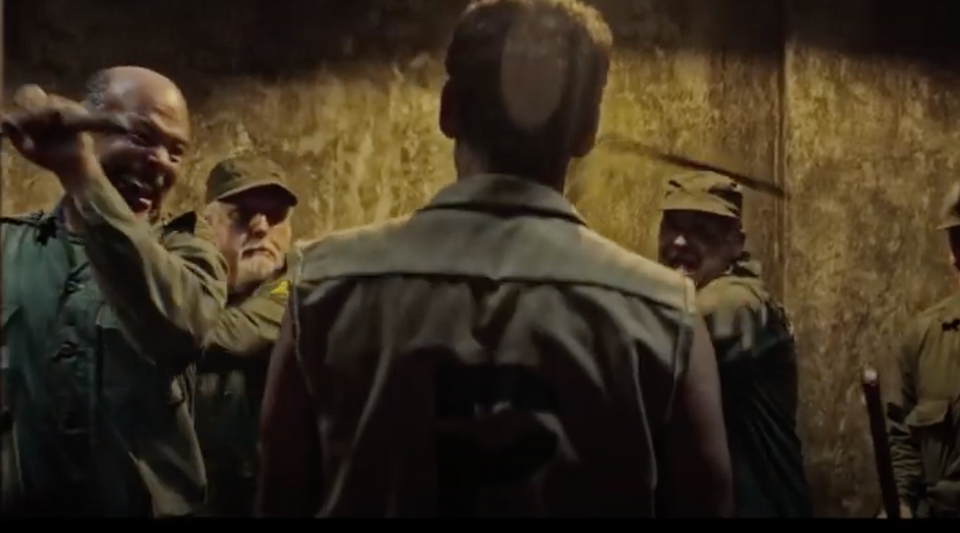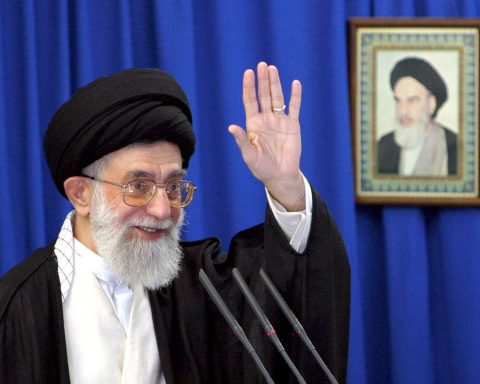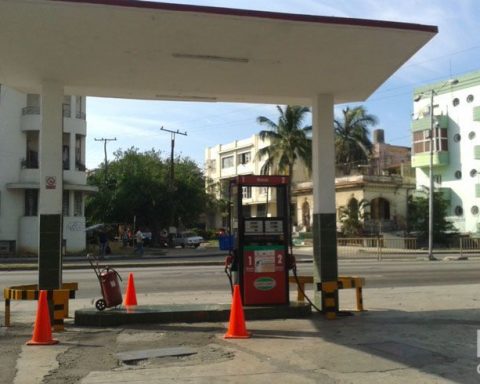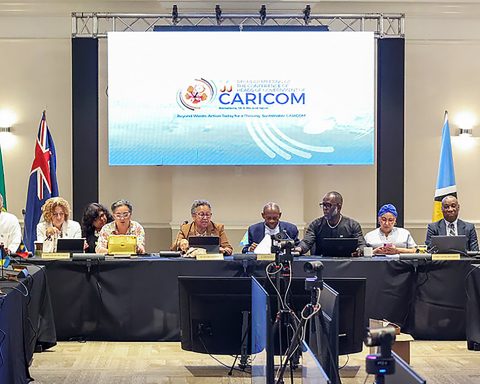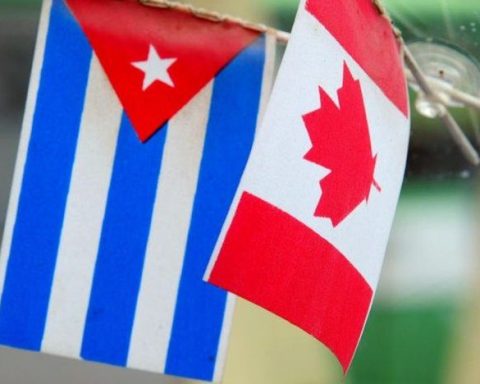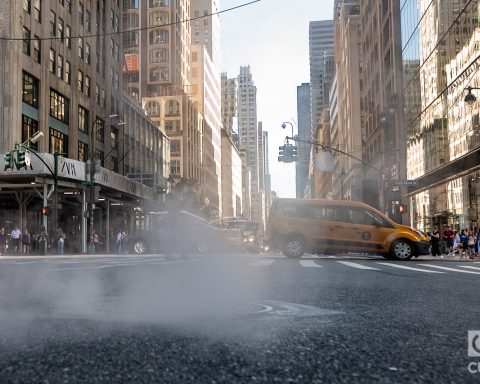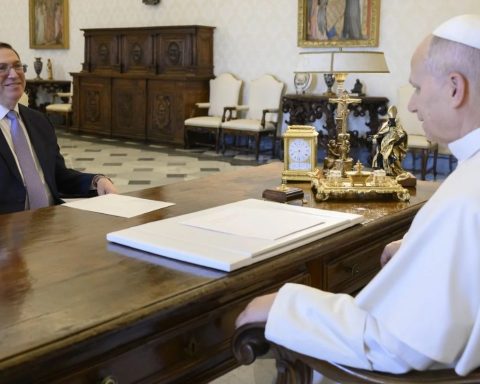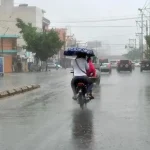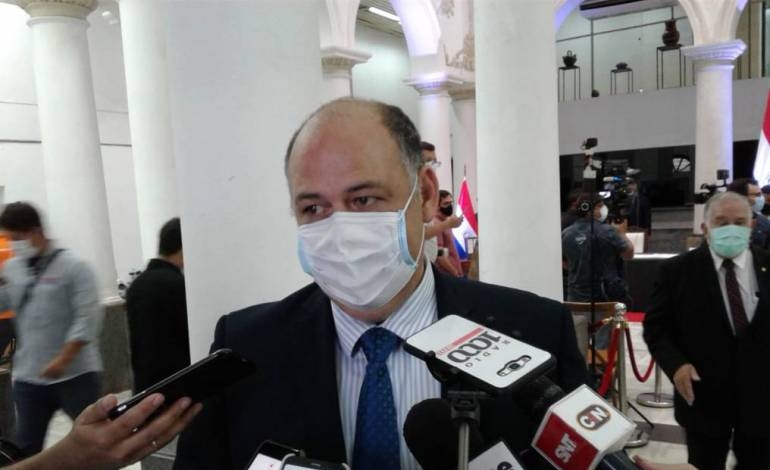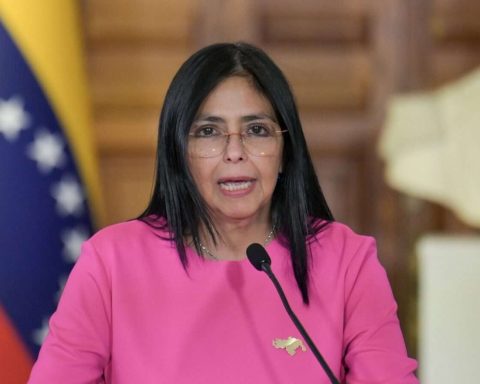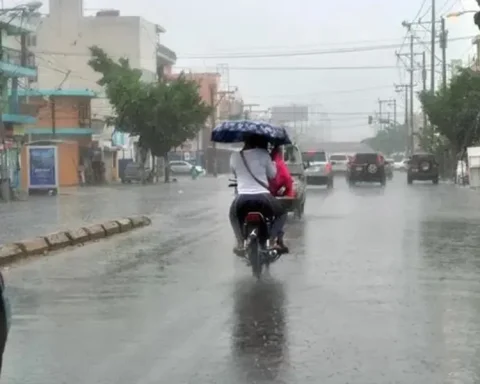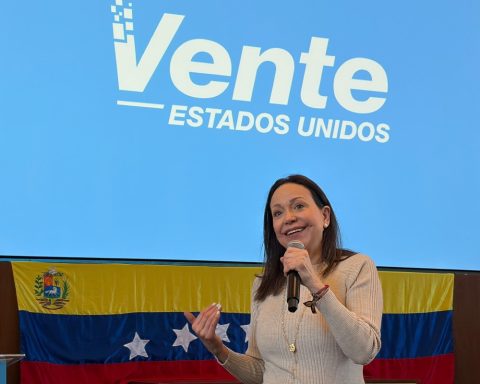(EUROPA PRESS) .- Cuban politicians Ángel Francisco de Fana and Luis Zúñiga have warned this Monday that the repression of the anti-government demonstration scheduled for November 15 will be “much more intense” than the one experienced in the protest on November 11. July.
“There will be repression (…) it will be much more intense,” said De Fana, who has focused on the fact that, unlike the July 11 demonstration, which “surprised” the authorities, this They are once “ready.”
In an interview with Europa Press, Zúñiga has narrated that the Cuban authorities “have shown paramilitary groups” armed “with wooden clubs” on television and “saying ‘with this we are going to hit those who come out to protest on 15 November”. Also, according to the political express, they have also warned with “prison sentences of 10 or 15 years to those who dare peacefully to express their opinion.”
In this sense, he has warned that the Cuban Executive “will prevent journalists from entering, they will possibly militarize the streets, they will cut off internet services.” “All of this is to be expected because that has been the usual conduct of the dictatorship against its people,” he added.
“The leadership of the opposition in Cuba is within the island, it is not in Miami or in Spain”
The July demonstrations in Cuba brought together thousands of people protesting the lack of medicine, food and in favor of freedoms. Recent data from the Cuban Observatory for Human Rights (OCDH) show that in October at least 579 repressive actions took place in Cuba, 80 of them arbitrary detentions. Among the most used abuses against activists, independent journalists and artists are the house siege, police subpoenas, harassment and threats.
Both agree on the power of Cuban youth to oppose the Government of Miguel Díaz-Canel, some young people who want “freedom”, “live in democracy” and “live with the possibility of working and being prosperous thanks to their work”, in words De Fana, who has emphasized that “the leadership of the opposition in Cuba is within the island, it is not in Miami or in Spain.”
However, De Fana has not been able to specify whether November 15 will mark the end of the current Cuban government, although he has been resounding in ensuring that he has “not the slightest doubt” that “events that will continue to occur will put an end to tyranny. “
In his opinion, the regime’s leadership, which he has accused of being “involved with drug trafficking, with abuses and with trying to expand the power of the left in the world,” is “discredited.” “The designated president (Díaz-Canel) has no authority, he is a puppet of Raúl Castro and the rest of the central committee of the Communist Party,” he added.
In his opinion, the regime’s leadership, which he has accused of being “involved with drug trafficking, with abuses and with trying to expand the power of the left in the world”, is “discredited”
Both see the future of Cuba with “hope” and have recognized that the protests of July 11 put the situation of the island in the public eye again. “There has been a bit of rebirth in terms of attention to the Cuban issue,” De Fana admitted, underlining that the attention “encourages” them. Zúñiga, for his part, sees it as “healthy” and “fair” that the international community “will show a little solidarity with those young Cubans who go out onto the streets with this risk for the love of freedom.”
De Fana and Zúñiga are in Spain to present the film Planted, a story about prisoners jailed at the beginning of the Fidel Castro dictatorship led by Lilo Vilaplana that opens on Friday. They refused to undergo a re-education plan in exchange for reducing their sentences, for which they were subjected to harassment and torture.
The first of them was sentenced to 20 years in prison in September 1962. He was released in 1983, seven months after serving his sentence, as was the case at that time with those who refused to work and wear the uniform of common prisoners. He traveled to Venezuela and seven months later to Miami.
Zúñiga was arrested in 1969. He escaped in 1973 and escaped from Cuba by crossing the minefields surrounding the United States Naval base at Guantánamo. In 1974 the motor of the boat broke during an infiltration into Cuba from Miami. He was arrested again and sentenced to 25 more years in prison. He was released in November 1988, thanks to efforts by the New York Cardinal.
De Fana has told Europa Press that he has “cried” with the film. For his part, Zúñiga has recognized the importance of the feature film for its “historical value”, so that stories like this “never repeat themselves.” “Unfortunately there is a real danger of communist regimes, that they come to power and establish dictatorships and this is the consequence of a communist dictatorship,” he lamented, noting that the promises in these processes are “a lie.”
“Unfortunately there is a real danger of communist regimes, that they come to power and establish dictatorships and this is the consequence of a communist dictatorship”
“What they want is to perpetuate themselves in power and when the governed try to change it, reform it, humanize it, they beat you, arrest you, take you to jail,” he continued. “‘Planted’ is what happens in the political prisons of communist regimes,” he summarized.
The former politicians have reported that their conditions when they were imprisoned were “appalling”, including a hunger strike. “We had to go on a hunger strike to the death so that the tyranny understood that at that time it was not convenient for political prisoners to die on a hunger strike, because many have died,” said De Fana, before highlighting that the mission of the “planted” was to stand “firm, resist all attempts at harassment.” “If they did it with us, we knew they were committing crimes against the entire Cuban people,” he justified.
“(In Cuba) It is not like in any country in the world where a political prisoner goes to prison and is already isolated from society. No. Communist regimes, as you had the audacity to confront yourself, you have to destroy yourself,” added Zúñiga, who He explained that the objective of the re-education plans was, first, for the prisoner to recognize that he had made a mistake in confronting the regime and, second, to humiliate him by making him wear the uniform of a common prisoner.
Life in a Cuban prison was based on “poor diet, lack of adequate medical care, being locked up in walled cells where the sun does not enter,” said De Fana, who also mentions “constant beatings, forced labor, always staying with the fear that you will be murdered “and tiny cells in which you had to take turns sleeping.
For his part, Zúñiga has indicated that “there are still closed cells” and has also alluded to “electronic noise” to drive the prisoners “crazy.” “Many have died,” De Fana concludes.
________________________
Collaborate with our work:
The team of 14ymedio He is committed to doing serious journalism that reflects the reality of deep Cuba. Thank you for joining us on this long road. We invite you to continue supporting us, but this time becoming a member of our journal. Together we can continue transforming journalism in Cuba.
